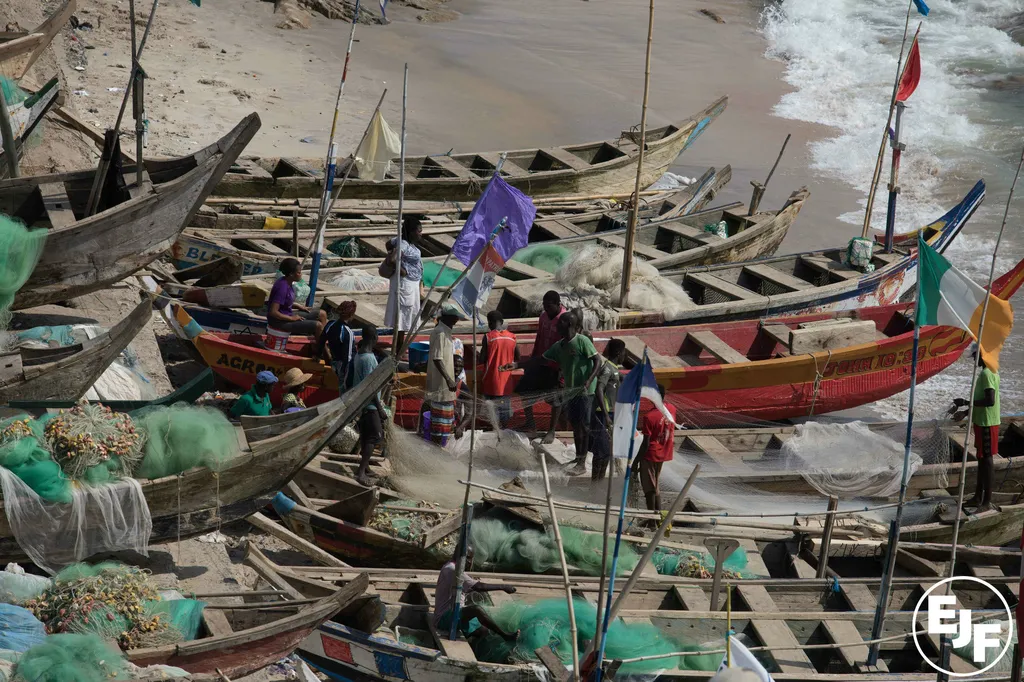The Canoe and Fishing Gear Owners Association of Ghana (CaFGOAG) has taken a bold step to bridge the gap between traditional knowledge and scientific research in the small-scale fisheries sector. By engaging the Regional Maritime University (RMU), CaFGOAG is exploring collaborative opportunities to strengthen capacity building, research, and innovation. This partnership could be a game-changer, bringing together the practical experience of artisanal fishers and the academic expertise of RMU.
At the heart of the discussions was the need for safety and security training for artisanal fishers. With the Ghana Meteorological Agency already on board through the Safety at Sea Initiative, RMU’s involvement could further enhance these efforts. Professor Capt. Nana Ofosu-Boateng, Dean of Maritime Studies at RMU, welcomed the initiative, emphasizing the university’s commitment to advancing research, training, and community-based solutions. This is not just about academic collaboration; it’s about creating tangible benefits for coastal communities.
Nana Kweigyah, President of CaFGOAG, highlighted several existing initiatives, such as the Fishers Rights Project and the Fishers Welfare Scheme, underscoring the association’s proactive approach. He also appealed for comprehensive scholarship programs for fishing communities, a move that could empower the next generation of fishers with the skills and knowledge needed to navigate the challenges of the sector.
The visit to Lamar Marine Company added a practical dimension to the discussions. Artisanal fishers got a first-hand look at the construction of fibreglass boats, a technology that could improve fishing operations and safety. Capt. Etoenyo Oassis Bankas, a lecturer at RMU and General Secretary of the Ghana Merchant Navy Officers’ Association, facilitated the visit, highlighting the potential benefits of adopting fibreglass boats. This is not just about introducing new technology; it’s about ensuring that the benefits are accessible to those who need them most.
The collaboration between CaFGOAG and RMU is a testament to the power of partnerships. By combining traditional knowledge with scientific research, they are paving the way for sustainable fishing practices. This initiative could set a precedent for other coastal communities, demonstrating how academic institutions can play a pivotal role in supporting local industries.
In the words of Nana Kweigyah, “such partnerships are essential to bridge the gap between traditional knowledge and scientific research for effective co-management in the fisheries sector.” This collaboration is not just about bridging gaps; it’s about building a stronger, more sustainable future for Ghana’s small-scale fisheries sector.

